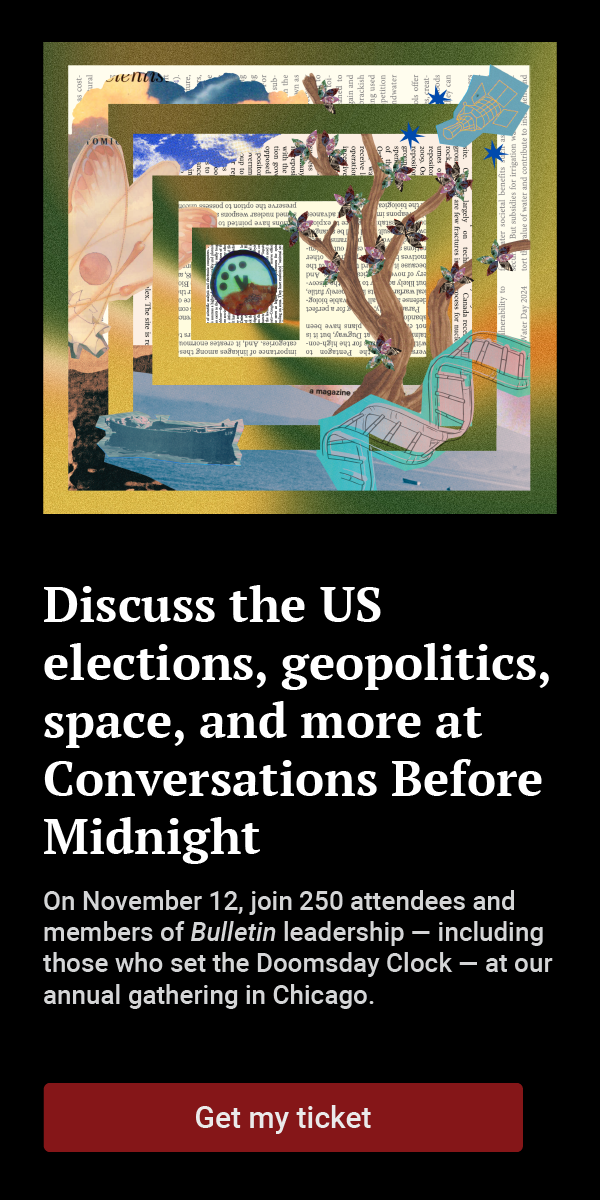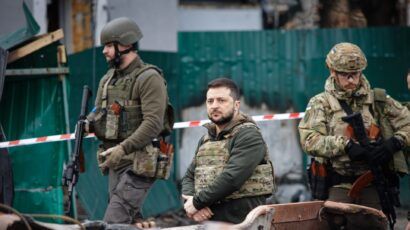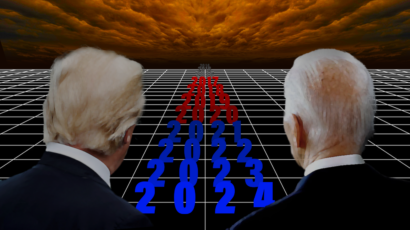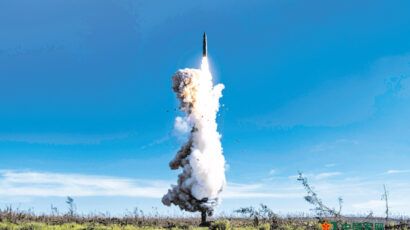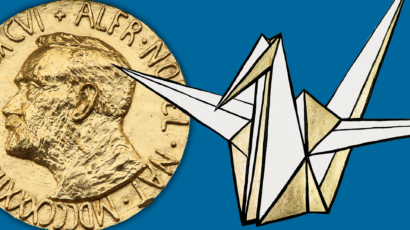Why START is important
By Pavel Podvig | July 2, 2007
The new intercontinental ballistic missile (ICBM) that Russia tested at the end of May probably sealed the Strategic Arms Reduction Treaty’s (START) fate. The missile, named RS-24, appears to be a multiple-warhead version of the Topol-M ICBM that Russia has deployed for about a decade. A move toward a Topol-M with multiple warheads was all but inevitable, but not expected until START expires in December 2009. The early test showed that Russia is anxious to make sure that it be allowed to proceed with its program of placing multiple warheads on its ballistic missiles no matter what agreement replaces START–if, in fact, START is replaced at all.
The test also makes extending START for five more years–an easy, if not an entirely satisfactory option–nearly impossible since it would mean renegotiating some of the treaty’s provisions, a difficult political task given the tenor of nuclear arms control today.
While Russia is protecting its cherished programs, the United States is debating the merits of the treaty. Many in the Bush White House, an administration not known for its fondness of legally binding treaties, argue that START is a Cold War relic that should be allowed to expire. Supporters of the treaty and the administration’s opponents insist that START helps the U.S. intelligence community better understand Russia’s nuclear posture.
If I had to choose, I would side with the “hawks.” I also believe the treaty is a Cold War relic, and I don’t think that Russia and the United States should engage in a relationship predicated on constantly monitoring each other’s nuclear posture. But I would rather not choose sides, since neither is right.
The hawks are correct when they say that changes in U.S.-Russian relations have made START seem quaint. But they tend to forget that START helped make those changes possible. On the other hand, their opponents are wrong to think that START is useful because it provides U.S. intelligence agencies with cheap, reliable information about Russian strategic arsenals. The treaty does in fact do that, but it’s not what would be lost if START expires.
First, we would lose accountability. The data on both U.S. and Russian strategic nuclear arsenals might disappear from public circulation, severely limiting the ability of citizens to keep their military in check. We have seen this in the past: Free from treaty reporting requirements, militaries tend to extend their secrecy far beyond reasonable levels. Mostly, I worry about the Russian military, but I don’t underestimate the U.S. military’s penchant for secrecy either.
More importantly, START forced Washington and Moscow to communicate. It provided a way for U.S. and Russian military personnel, bureaucrats, and experts to talk, allowing them to discuss particular issues and settle disagreements. It’s this interaction–not the ability to count warheads–that makes START so valuable, as only the trust that such a back-and-forth builds can eventually make the treaty unnecessary. Unfortunately, we’re not at this point yet, so abandoning START in 2009 would be absolutely the wrong thing to do.
Given the way things are going today, negotiating an agreement to replace START won’t be simple. However, if we realize that the main goal of this agreement shouldn’t be to keep two mutual adversaries in check, but rather to create an atmosphere of transparency and trust between two partners, it may be a bit easier.
Together, we make the world safer.
The Bulletin elevates expert voices above the noise. But as an independent nonprofit organization, our operations depend on the support of readers like you. Help us continue to deliver quality journalism that holds leaders accountable. Your support of our work at any level is important. In return, we promise our coverage will be understandable, influential, vigilant, solution-oriented, and fair-minded. Together we can make a difference.
Topics: Columnists

